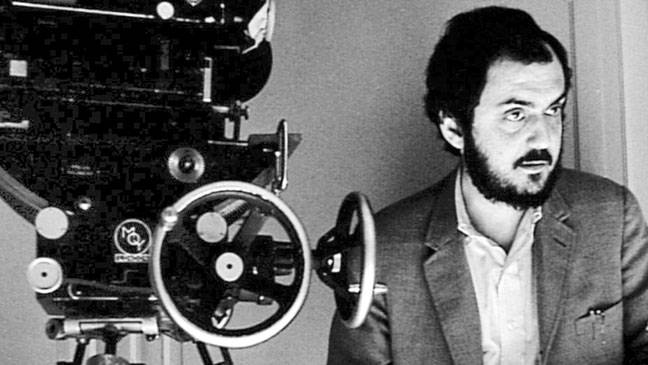‘A filmmaker has almost the same
freedom as a novelist has when
he buys himself some paper.’
–Stanley Kubrick
Stanley Kubrick, born on July 26 1928, was an American film director, screenwriter, and producer. Hestill stands, timelessly, as one of Hollywood’s most revered and celebrated filmmakers. His almost maniacal obsession with perfection, symmetry, scale and discipline singles him out as the pioneer of film and cinematography.
Kubrick’s genius lies perhaps predominantly in his seamless foray into nearly every genre of film, where he emerges more victorious with every venture. From a dystopian crime drama (A Clockwork Orange) to what I feel is his magnum opus (2001: A Space Odyssey), every genre Kubrick delves into, he handles with extreme precision.
He took the medium of film and essentially turned it into something else entirely, something completely original for his time. He is also vital in understanding the evolution of the film industry. Hollywood wouldn’t have the films it has today without the film giants of yesteryear. Kubrick brought realism to the film industry as well. Sci-fi was particularly cheesy before he produced 2001: A Space Odyssey, with Hal 2000 commandeering the ship. That film was perhaps one of the few of its time having a computer controlling the ships functions, and then (spoiler!) going berserk.
Kubrick’s satirical film, Dr Strangelove, was on cue with the times because of the Cold War and the Cuban missile crisis. People were building bomb shelters by the hundreds because of the paranoia proliferated by government entities. Consequently, the film taught its audience that a government could control the masses only through their fear.
Kubrick was driven by a curiosity rarely seen in motion pictures. He never pandered to his audiences and was, thus, able to delve into his obsession with a distinct kind of freedom which produced masterstrokes, which only continue to grow more relevant with time.






